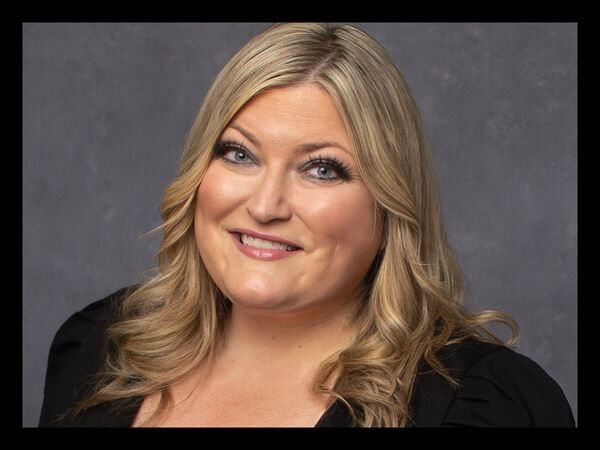SEC pushes for no automatic qualifiers in playoff; last week's results show it might have a point
News > Top Stories

Audio By Carbonatix
12:30 PM on Monday, November 10
By EDDIE PELLS
Instead of simply pushing for a limited number of automatic qualifiers in the next version of the College Football Playoff, leaders in the Southeastern Conference are now suggesting they don't want any at all.
The results from last weekend might show they have a point.
The last two teams in the season's first projected 12-team bracket — both of which were outside the selection committee's top 12 — each lost last week, meaning the bracket that comes out Tuesday could include a pair of even lower-ranked teams.
The best Atlantic Coast Conference program in the latest AP Top 25 is now No. 14 Georgia Tech, which didn't play last weekend but replaced Virginia as the ACC's top team after the Cavaliers lost to Wake Forest.
The playoffs also award an automatic bid to the fifth-best conference champion. After a loss by Memphis — unranked in the last playoff rankings but still given the projected 12th seed in the bracket — this week's placeholder could be AP No. 24 James Madison or No. 25 South Florida. If the SEC gets its way, those sort of stories from places that don't regularly generate college football headlines — for instance, last year's Boise State team — could be all but gone from the sport's biggest stage.
All of which might not feel like such a loss to hear key SEC leaders tell it. They, along with the Big Ten, will help shape the next version of the playoff, which went from four to 12 teams last year and could expand further.
Only a few months ago at its league meetings, the SEC was pitching a 16-team field with five automatic qualifiers and 11 at-large bids. That theme took a new twist last week.
“I’ve been amazingly consistent since we moved from four to something else that I’m not a fan of automatic qualifiers,” SEC Commissioner Greg Sankey said Saturday. “In fact, we don’t have a G5 representative in the top 25. That’s problematic and that’s an indicator of why you just don’t jump on the AQ bandwagon.”
A day earlier, Mississippi State President Mark Kennum, who chairs the CFP playoff board, told ESPN “I'm not a big fan of automatic qualifiers.”
“That’s the position of the Southeastern Conference -- presidents and chancellors, our commissioner, and probably most of the conferences that are part of the CFP,” Kennum said.
The Big Ten must collaborate with the SEC to decide what comes next. If a change is going to be put in place, Sankey said the end of the month is a deadline of sorts "because of expectations from a media standpoint.” ESPN is paying $7.8 billion for the CFP games starting next season. Adding to the current 12-team format would involve changing the format and, thus, the TV schedule.
The Big Ten has proposed a broadly expanded playoff, involving up to 28 teams that could include seven automatic qualifiers from the SEC and Big Ten and five each from the Big 12 and ACC.
The goals for something that large, according to Big Ten Commissioner Tony Petitti, are to keep teams alive in the playoff hunt for as long as possible and to ensure “the playoff format should not function as a disincentive to schedule tough, nonconference games.”
“As we said throughout this process, we are open to considering any format ideas that come from our colleagues or the CFP staff, but to be clear, formats that increase the discretion and role of the CFP Selection Committee will have a difficult time getting support from the Big Ten,” Pettiti said at Big Ten media days.
Under the most recent and most radical version of the SEC proposal — no automatic bids at all — the committee, armed with guidelines and metrics, would presumably have all the say.
Sankey, however, said no progress had been made in what looks like a stalemate between conferences that featured 11 of the top 13 teams in the most recent Top 25.
“Different people want different things, so, can we rally behind a common direction is the question," Sankey said.
___
Get poll alerts and updates on the AP Top 25 throughout the season. Sign up here and here (AP News mobile app). AP college football: https://apnews.com/hub/ap-top-25-college-football-poll and https://apnews.com/hub/college-football









